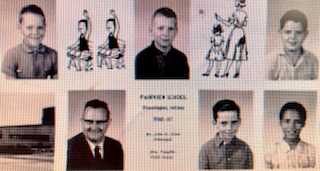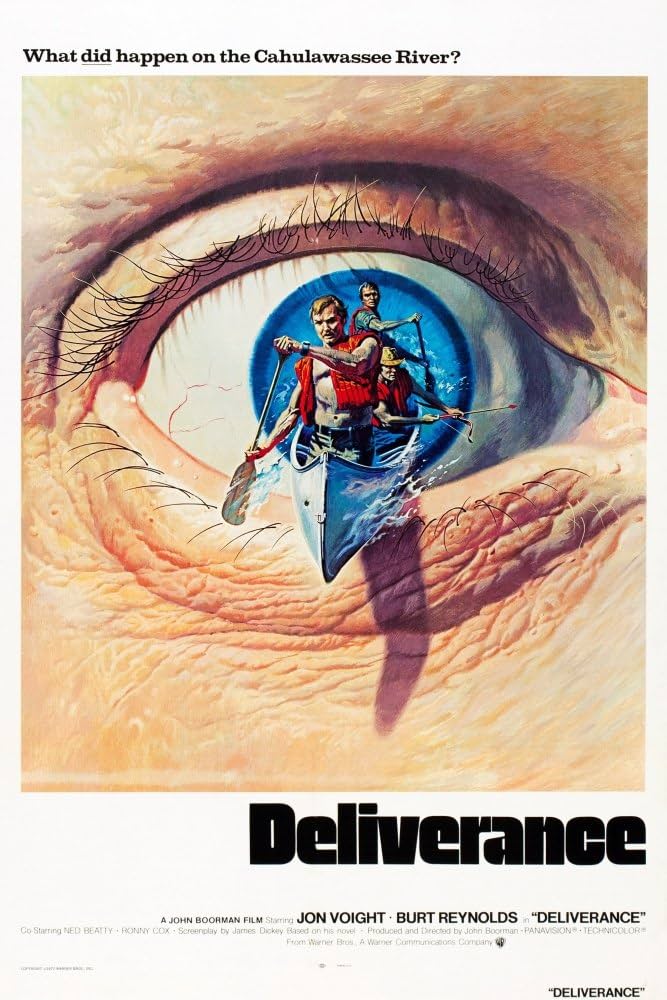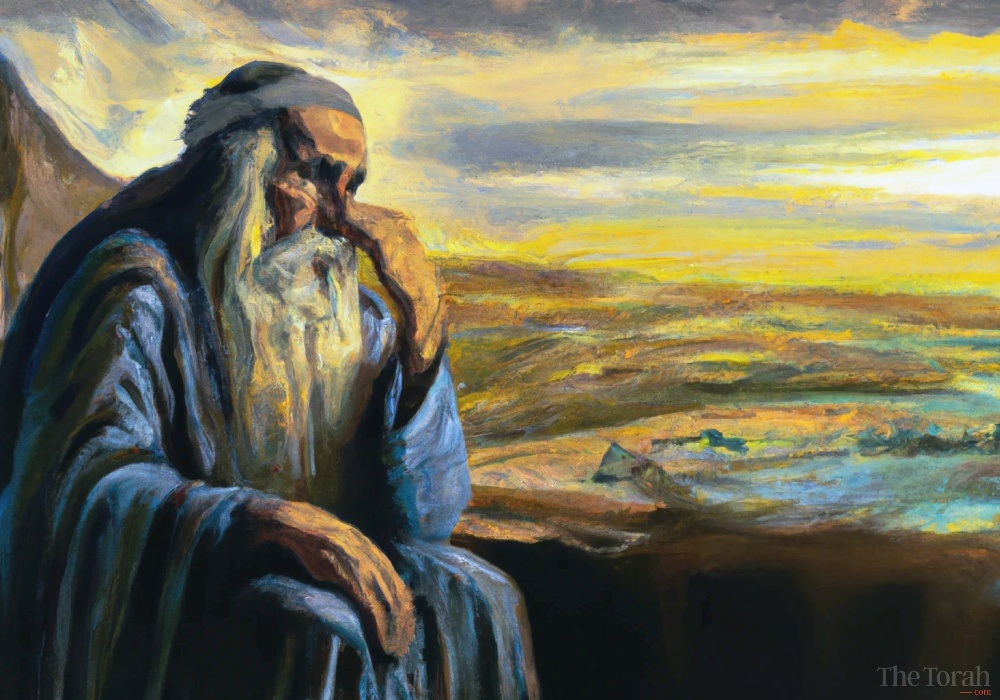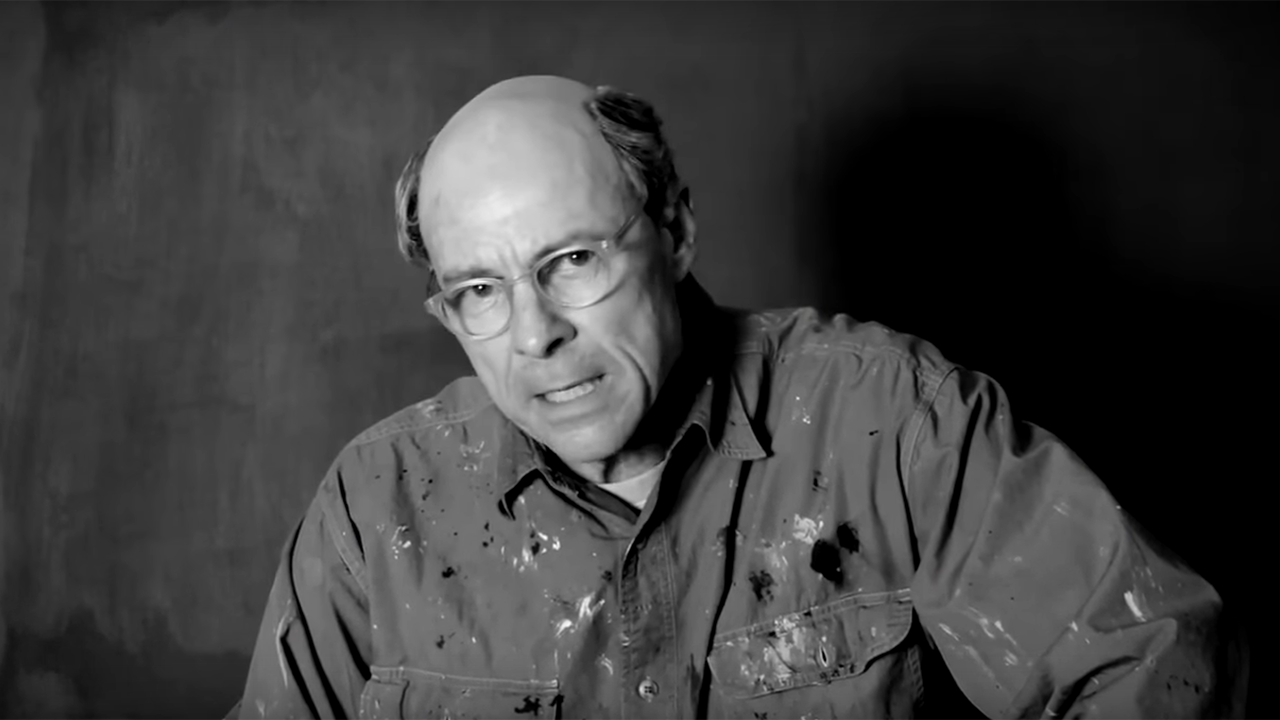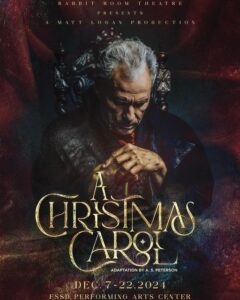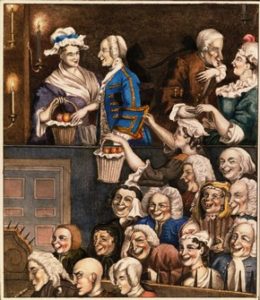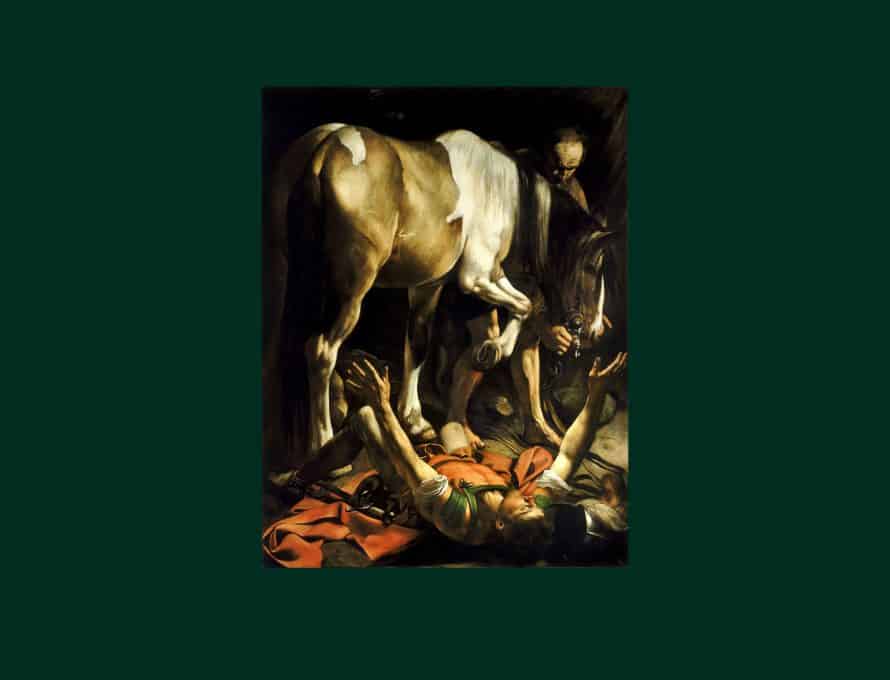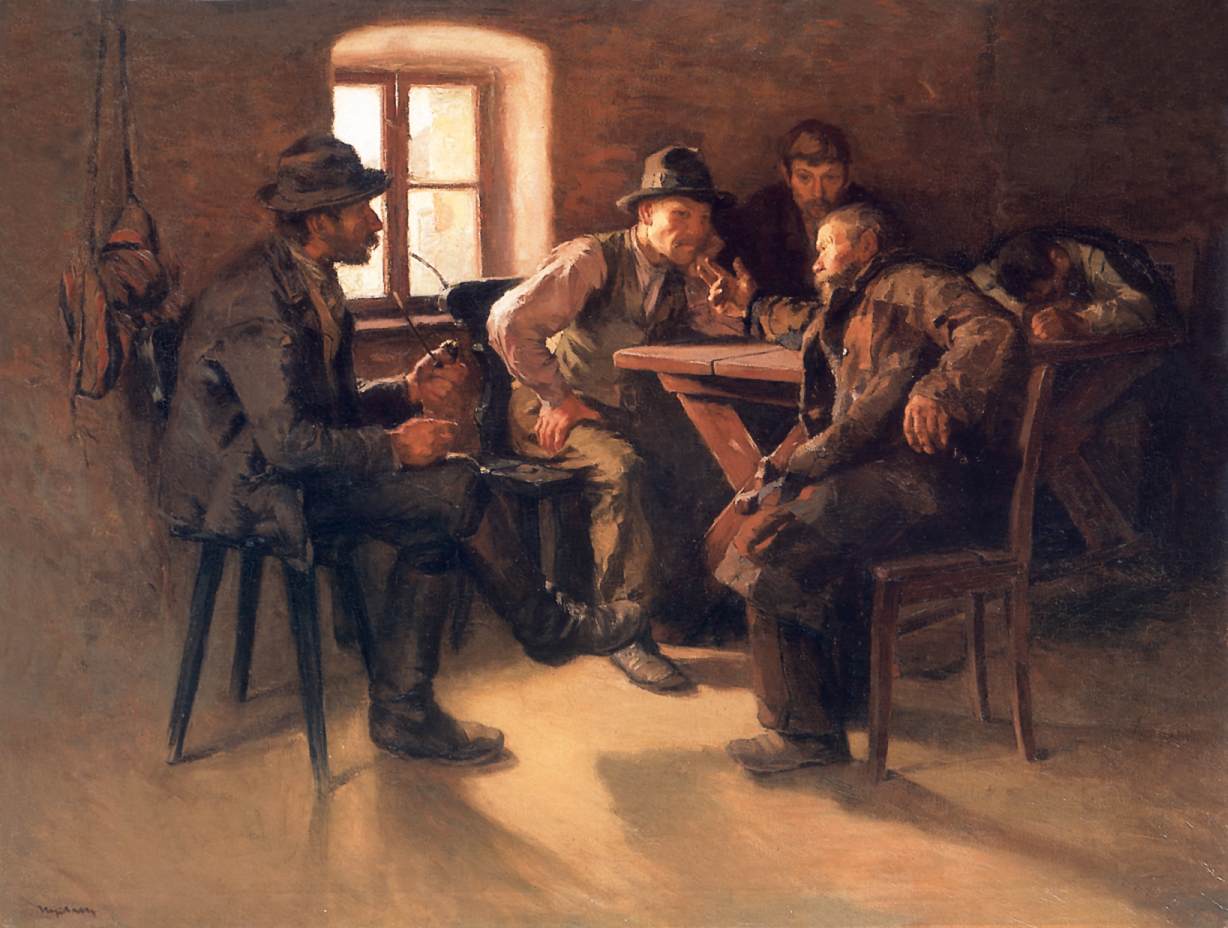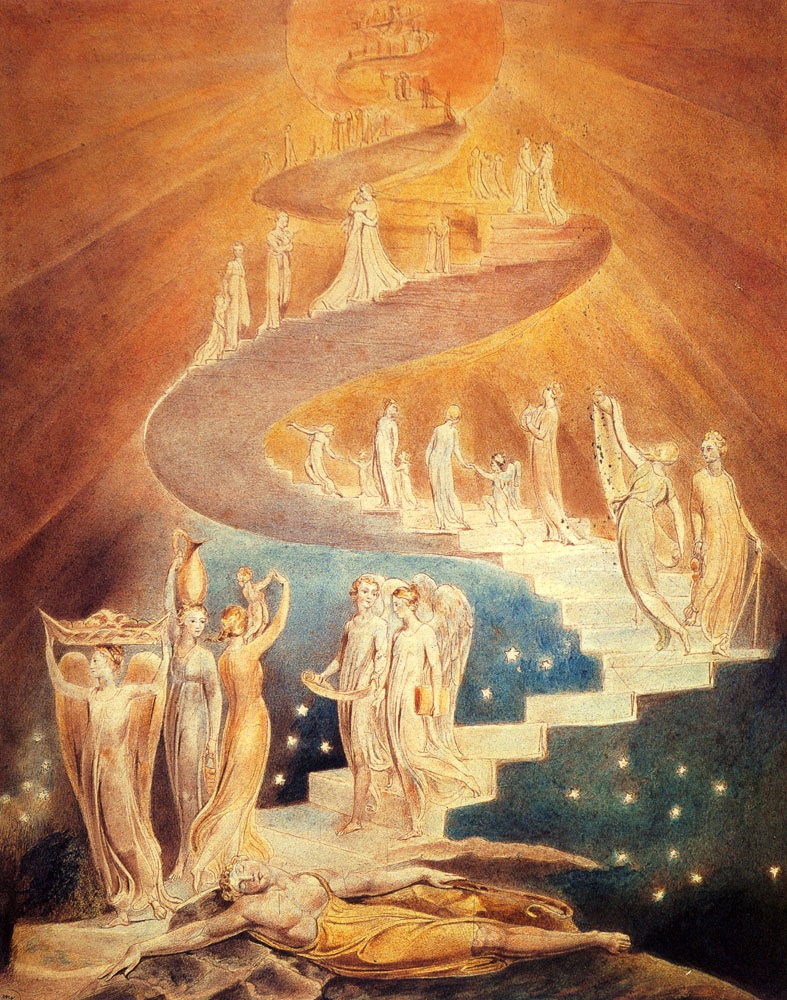Blood Brothers
I was born into a world of whiteness: neighborhood, private school, and church; shuttled through that triplicate of colorless environs without wondering or questioning what other members of the human race might exist beyond those confines. In childhood my only exposure to other racial groups was when missionaries came to our church and gave slide-show presentations of their adventures in “seeking and saving the lost” in exotic places around the world. It was the only time I ever heard my mother complain about our required attendance at church. “Lord, spare me from seeing another picture of a smug missionary posing with the indigenous people he’s baptized.” Such impiety from a worship leader’s wife.
When I was nine we moved to Bloomington, Indiana for Dad to begin his doctoral pursuit in choral music at Indiana University. We lived there two years, and my world was turned upside down. I attended public school, which exposed me to multiple nationalities. I formed three close friendships with a boy from Israel, one from Sweden, and an African American, Raymond Brown (top left, me, and bottom right, Raymond). Raymond and I had an instant bond probably because of the constant smile on his face. Raymond looked at the world and found it humorous.
One day after coming inside from recess, Raymond and I still had some energy to burn and we began to scuffle. Isn’t that what boys do…scuffle? The teacher had yet to enter the classroom so we had no fear of her reprimand. Our bodies got entangled, and we fell upon my desk on the back row crashing onto the floor. We had only seconds to right the desk, get in our seats, and feign an expression of innocence before our teacher entered the room. As a result of our playful scuffling, I had cut my hand and Raymond had skinned his knee, both wounds producing a fair amount of blood.
“Let’s be blood-brothers,” he exclaimed. And I thought, why waste two good wounds? So, I slapped my bloody hand down upon Raymond’s bloody knee and our bloodstreams comingled. A few years ago, I learned of Raymond shuffling off his mortal coil. Given his joyful nature, I’m sure he left behind many wonderful memories for his family and friends. I have my own memories of my delightful friend, and the science to match it.

